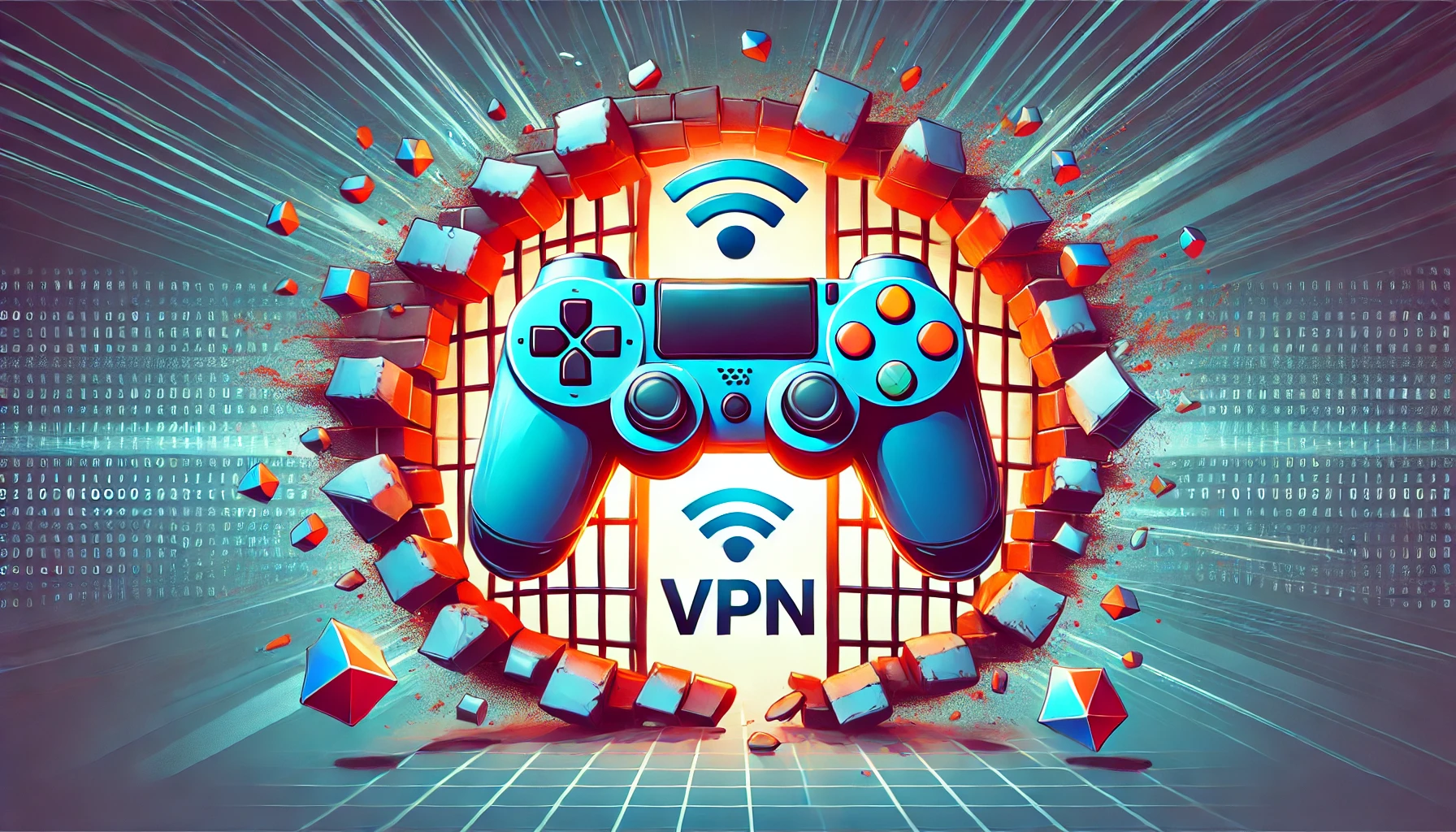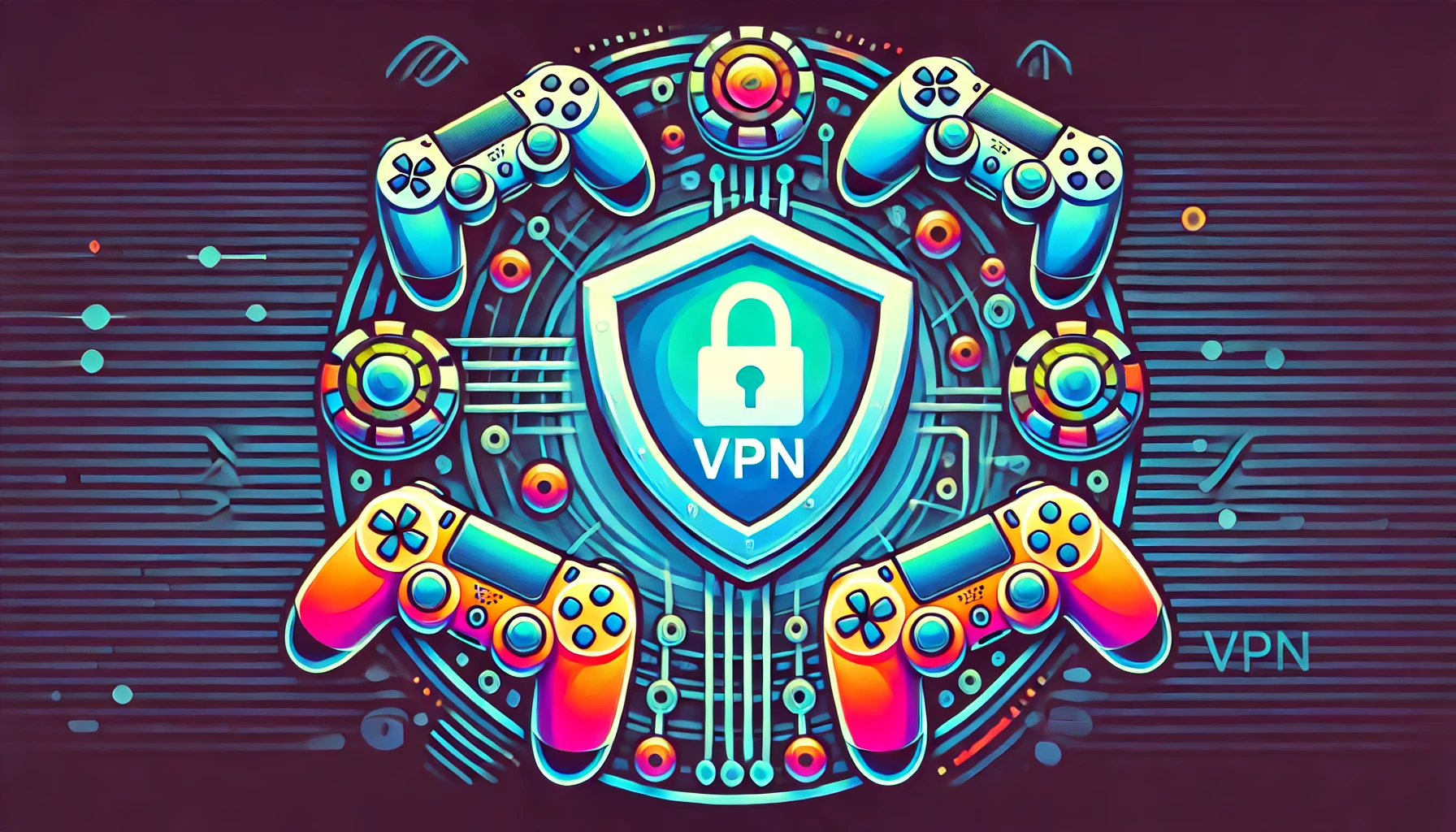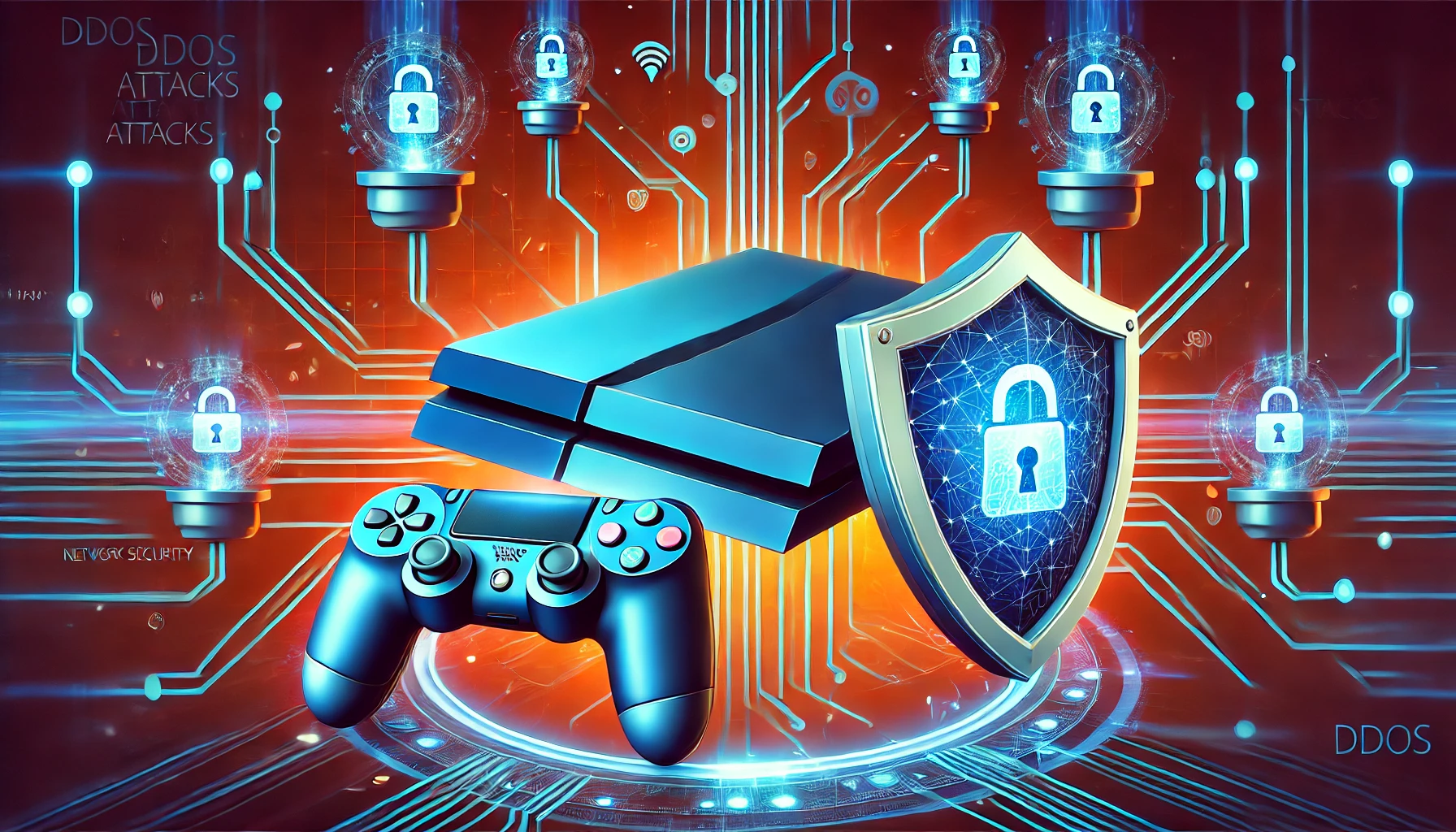A VPN for online gaming

In today's world, online gaming has become an integral part of the lives of millions of people. It allows players to immerse themselves in exciting virtual worlds, communicate with friends, and compete with players around the globe. However, as the popularity of online gaming grows, so do the risks associated with security and connection stability. In this article, we will discuss how a VPN for online gaming can improve your gaming experience and provide protection against hacking in games.
What is a VPN and How Does It Work?
VPN (Virtual Private Network) is a technology that creates a secure and encrypted connection between your device and the internet. When using a VPN, your traffic passes through a remote server, allowing you to hide your real IP address and protect your data from being intercepted by third parties.
Benefits of Using a VPN for Online Gaming
1. Protection Against DDoS Attacks
Players, especially professional eSports athletes, can become targets of DDoS attacks intended to knock them out of a game. A VPN for online gaming helps to hide your real IP address, making you invisible to attackers and protecting you from such attacks.
2. Reduced Ping and Connection Stability
VPN services have servers worldwide. By connecting to a server that is closer to the game server, you can reduce ping and improve connection stability. This is especially relevant if game servers are located in another country.
3. Access to Geo-Restricted Content

Some games and game servers may be unavailable in your region due to geographical restrictions. With a VPN, you can change your virtual location and gain access to games and servers that would otherwise be inaccessible.
4. Protection Against Hacks and Cyber Attacks
A VPN for protection against hacking in games encrypts your data, making it inaccessible to hackers. This is particularly important when using public Wi-Fi networks, where the risk of data interception is significantly higher.
How to Choose a VPN for Online Gaming?
1. High Speed and Low Ping
For comfortable gaming, a high-speed connection and minimal latency are essential. Choose VPN services with fast servers optimized for gaming.
2. Server Locations
Make sure the VPN has servers in the countries where the game servers you want to connect to are located. This will help reduce ping and improve connection quality.
3. Reliable Protection and Encryption
Choose a VPN with modern encryption protocols, such as OpenVPN or WireGuard, to ensure maximum protection against hacking in games.
4. No-Log Policy
The VPN service should not store logs of your activity to guarantee complete privacy.
5. Device Compatibility
Make sure the VPN supports the devices you play on: PC, consoles, smartphones, etc.
Setting Up a VPN for a Gaming Device
For PC
- Download and install the VPN client from the official website of the chosen service.
- Log in to the application.
- Choose a server that is optimal for your game.
- Connect and launch the game.
For Game Consoles
- Set up a VPN on your router: If your VPN service supports router configuration, you can protect all devices in the network.
- Use internet sharing: Connect the console to a PC or laptop with a VPN configured via Ethernet or Wi-Fi.
Recommendations for Using a VPN in Online Gaming
- Regularly update the VPN client to protect against vulnerabilities.
- Check connection speed: If the ping is too high, try changing the server.
- Avoid free VPNs: They often have speed and data volume limitations and may not provide adequate security.
How Does a VPN Protect Against DDoS Attacks?

DDoS attacks (Distributed Denial of Service) are aimed at overloading your network, leading to disconnection from the server or reduced connection quality. Attackers can obtain your IP address through a gaming platform or voice chat and use it for an attack.
A VPN for online gaming hides your real IP address by providing the VPN server's IP address instead. Thus, even if an attacker attempts an attack, the target will be hidden, making the attack unsuccessful.
Protecting Personal Data and Accounts
Online games often require entering personal data and financial information for in-game purchases. A VPN for protection against hacking in games provides an additional level of security by encrypting your data and preventing hackers from intercepting it.
Bypassing Blocks and Censorship
In some countries, access to certain games or game servers may be restricted due to regional licenses or political reasons. By using a VPN, you can bypass these restrictions and access your favorite games regardless of your location.
Tips for Improving Gaming Experience with a VPN
- Use a wired connection: Ethernet connection can provide more stable connectivity compared to Wi-Fi.
- Choose servers with low load: Lower server load on the VPN can provide higher speeds.
- Configure VPN protocols: Experiment with different protocols (UDP, TCP) to optimize speed and stability.
Common Myths About VPN in Online Gaming
Myth 1: VPN Always Increases Ping
This is not always true. With the right server and VPN service, ping can even decrease, especially if you connect to game servers via optimized routes.
Myth 2: VPN is Banned in Online Games
Most games do not prohibit the use of VPNs as long as it does not give you an unfair advantage. However, it's important to review the user agreement of a particular game.
Myth 3: VPNs Are Difficult to Set Up
Modern VPN services offer user-friendly applications, and setup takes only a few minutes, even for inexperienced users.
Conclusion
In an era where internet security and privacy are becoming increasingly important, using a VPN for online gaming is a wise step for every gamer. It will not only protect you from hackers and DDoS attacks but also provide access to new gaming content and improve overall connection quality. A VPN for protection against hacking in games will help keep your data safe and protect you from cyber-attacks. Don't miss the opportunity to make your gaming experience safer and more enjoyable with a VPN.